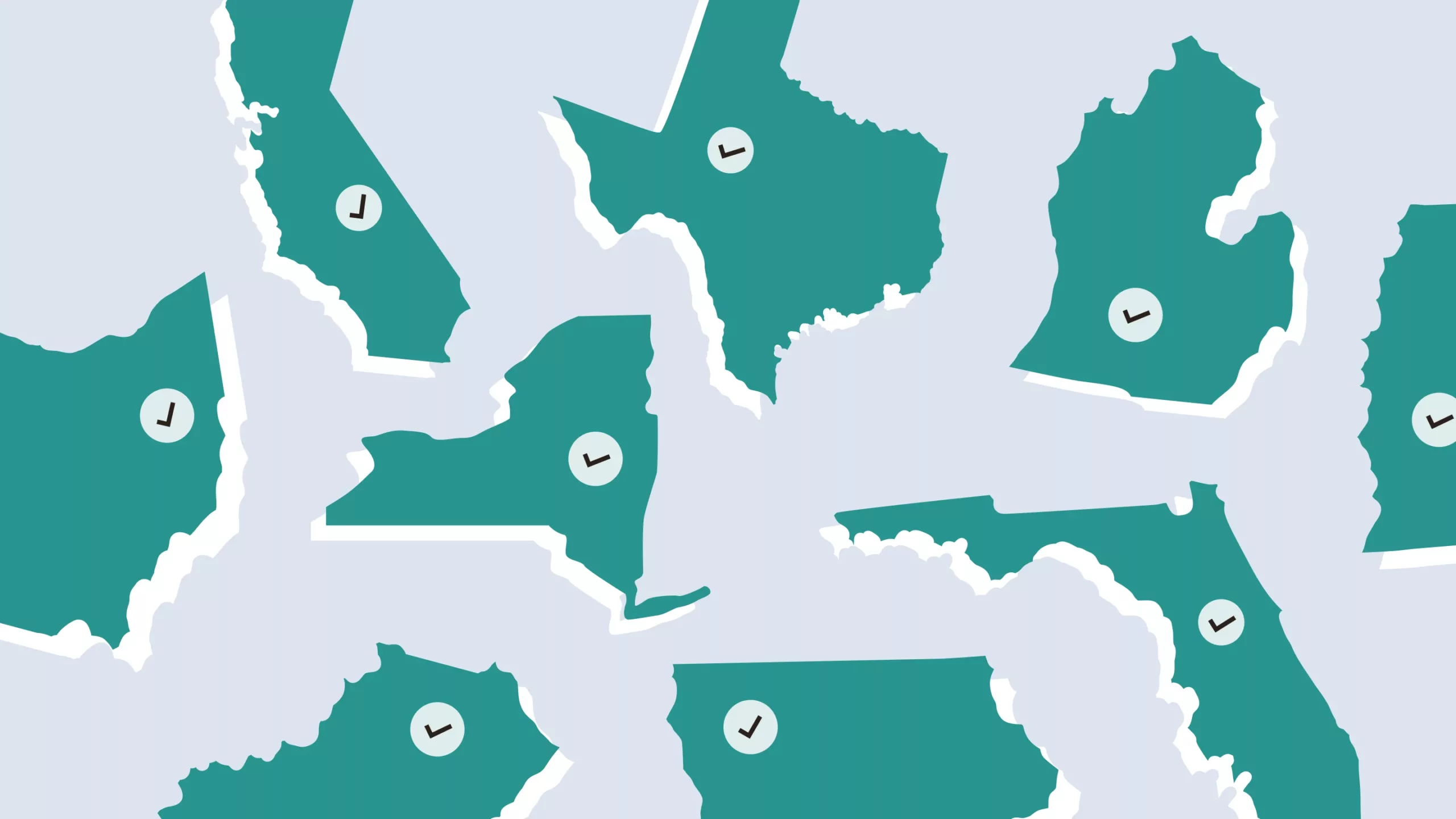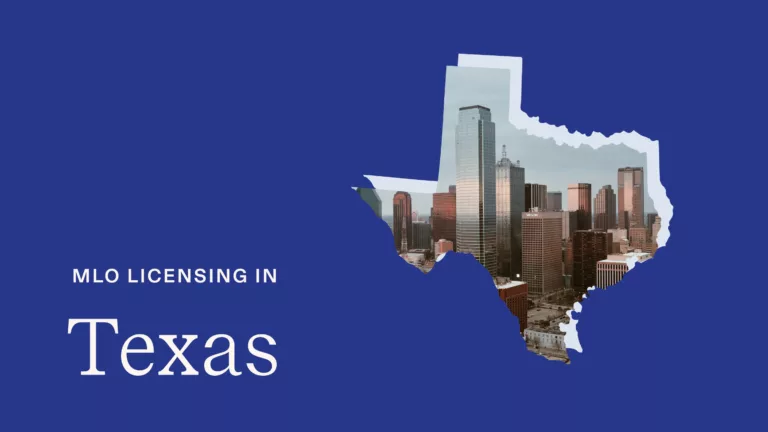Loan officers in the United States have the potential to be licensed in all 50 states, allowing them to offer mortgage services across the entire country. However, the decision to obtain licenses in multiple states involves careful consideration of practical factors such as licensing requirements, ongoing obligations, and strategic business considerations.
Licensing Requirements and Responsibilities
Obtaining a mortgage loan officer license in each state typically involves fulfilling specific requirements set by state regulatory authorities. These requirements often include:
- Education: Completing pre-licensing education courses specific to each state.
- Examination: Passing the state-specific mortgage loan originator exam.
- Background Check: Providing a clean background check and meeting certain financial responsibility criteria.
- Continuing Education: Completing annual continuing education courses to maintain licensure.
- Renewal Fees: Paying renewal fees on an annual or biennial basis for each state license held.
Practical Considerations
While loan officers can technically be licensed in all 50 states, the practicality of maintaining licenses across multiple jurisdictions depends on several factors:
1. Client Base and Business Strategy
The primary consideration for licensing in multiple states is where your clients are located. Holding licenses in states where you have active clients allows you to legally originate loans and provide mortgage services to those clients. This approach minimizes administrative burden and ensures compliance with state laws and regulations relevant to your business operations. It also allows you to focus your marketing and networking efforts in one or two locations.
2. Compliance and Efficiency
Maintaining licenses in multiple states requires ongoing compliance with varying regulatory requirements and state-specific laws. By focusing on states where you conduct business, you can streamline compliance efforts and allocate resources more efficiently toward serving your clients.
3. Administrative Costs
Each state license comes with associated costs, including application fees, renewal fees, and continuing education expenses. These costs can accumulate significantly when holding licenses across multiple states. Loan officers must assess whether the potential business opportunities in additional states justify these expenses.
Strategic Licensing Decisions
The decision of how many states to be licensed in should align with your business strategy and growth objectives. Consider the following strategic approaches:
1. Targeted Geographic Expansion
Evaluate regions or states where there is a growing demand for mortgage services or where you foresee potential business opportunities. Prioritize obtaining licenses in these areas to expand your market reach strategically.
2. Client-Centric Approach
Focus on obtaining licenses in states where you have existing or potential client relationships and community partnerships. By being licensed in these states, you can offer personalized mortgage solutions to clients within their local regulatory frameworks.
3. Regulatory Environment
Stay informed about changes in state regulations and licensing requirements. Some states may have more stringent licensing criteria or unique laws governing mortgage lending practices. Factor these considerations into your decision-making process.
While loan officers have the capability to be licensed in all 50 states, the practical approach involves focusing on states where you have clients and where business opportunities align with your strategic objectives. If you’re new to the mortgage industry, Morty recommends starting with licenses in two states. As your business expands, you can strategically add more licenses based on emerging opportunities. Morty’s tiered Platform Offering supports this growth, allowing for increased state licensing capabilities and opportunities for enhanced personalization and branding.







